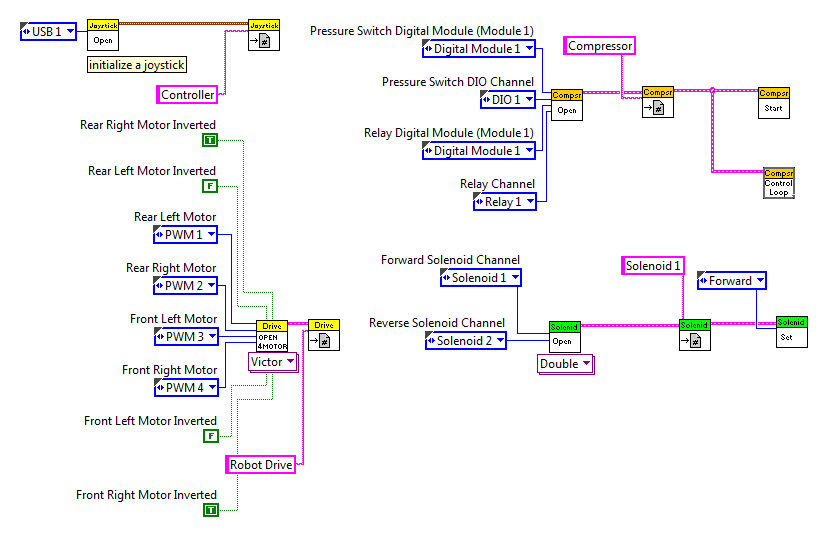Here's the original post that started the discussion in the Ask a Pro topic:
If you install CCEdu, it comes with programmable turtles that use a codebloks like system for programming the turtles. Now, i know that isnt exactly what you wanted, but its the closest we have right now.
Ah yes, that's the closest to Scratch you can get (programming a turtle to do something).
Code-block programming is a bit frustrating because it doesn't really teach you to program, it teaches you how to use someone else's programs that are made for you..
And here's the first post of the topic from General, which added the poll.
There was a rather interesting discussion on the usefulness of drag and drop coding here, and I thought this discussion should continue in a more appropriate thread.
If you don't know what drag and drop coding is, there are a few examples. What are your thoughts? Do you think they're a good replacement for text programming? Do you think they really help beginners learn how to program, or just muddy the water further? I'd like to hear your thoughts.








